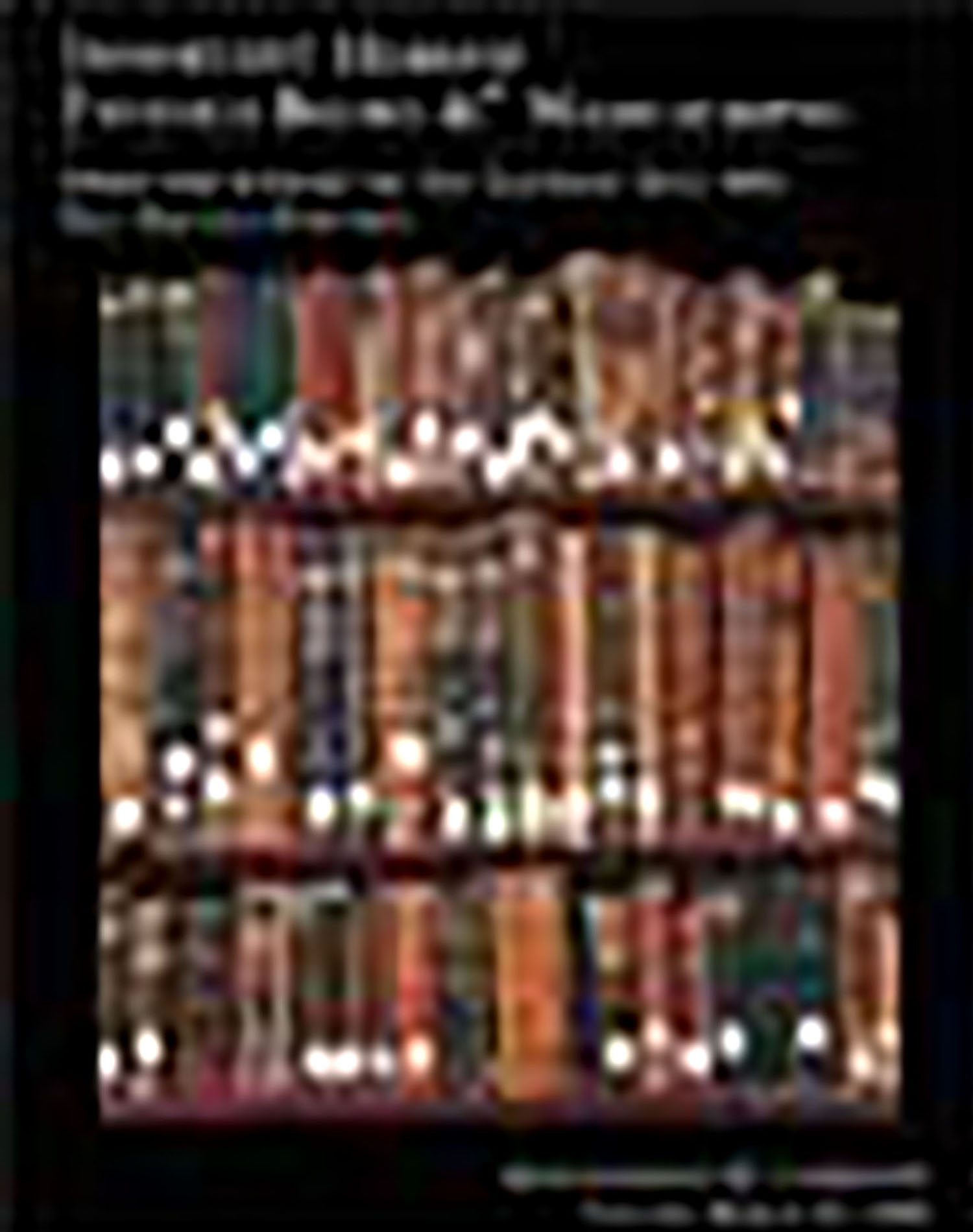[MORDECHAI BEN YENIKOW]. Sepher Sheilah U’derishah [extensiive commentary on the Passover Hagadah]. In two parts. Penned by the scribe Jacob of Pupa, for R. Moses Ephraim.

AUCTION 12 |
Tuesday, March 13th,
2001 at 1:00
Important Hebrew Printed Books and Manuscripts From the Library of the London Beth Din
Lot 285
(HAGADAH)
[MORDECHAI BEN YENIKOW]. Sepher Sheilah U’derishah [extensiive commentary on the Passover Hagadah]. In two parts. Penned by the scribe Jacob of Pupa, for R. Moses Ephraim.
n.p.: 1823
Est: $5,000 - $7,000
Part I: Sheilah: An aggadic commentary based on the questions and problems concerning the Haggadah and the Exodus from Egypt expounded by R. Eliezer Ashkenazi in his classic work Ma’asei Hashem (see Lot ***). The author states that he has studied the Ma’asei Hashem in depth and in many cases had succeeded in explaining the questions raised in a different manner and suggests; “Perhaps my eyes have seen further than the Gaon R. Eliezer Ashkenazi as a midget sanding on the shoulders of a giant.”
Part II: Derishah: Halachic pilpulistic commentary, in places covering other related topics.
R. Mordechai ben Yenikow was a disciple of R. Ezekeil Landau of Prague (The “Noda Be’yehudah”). An approbation by Landau’s son, R. Samuel Landau of Prague extols the virtues of this work and the author in the name of his father.
Composed in 1790, R. Mordechai explains in his introduction, that he wrote this commentary as “Mishloach Manoth;” a Purim present for his further who let him learn even through hard times and supported him for six years. Thus the double commentary; a double gift according to the law of Mishloach Manoth. The work was not written for publication but rather, was privately issued and intended for the enjoyment of family members.
This manuscript was prepared as a gift of the scribe to the master R. Moses Ephraim, in gratitude for his having supported him so that he could devote himself to his Torah studies.
